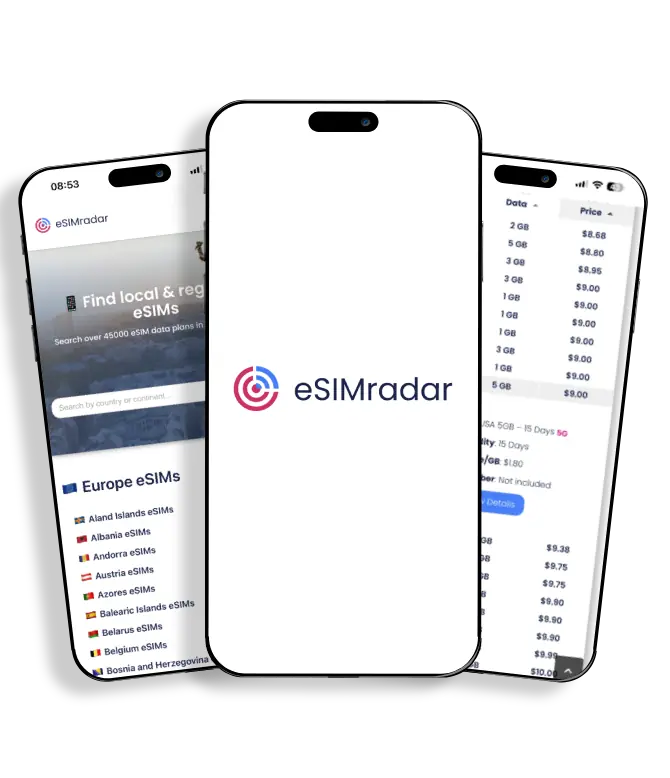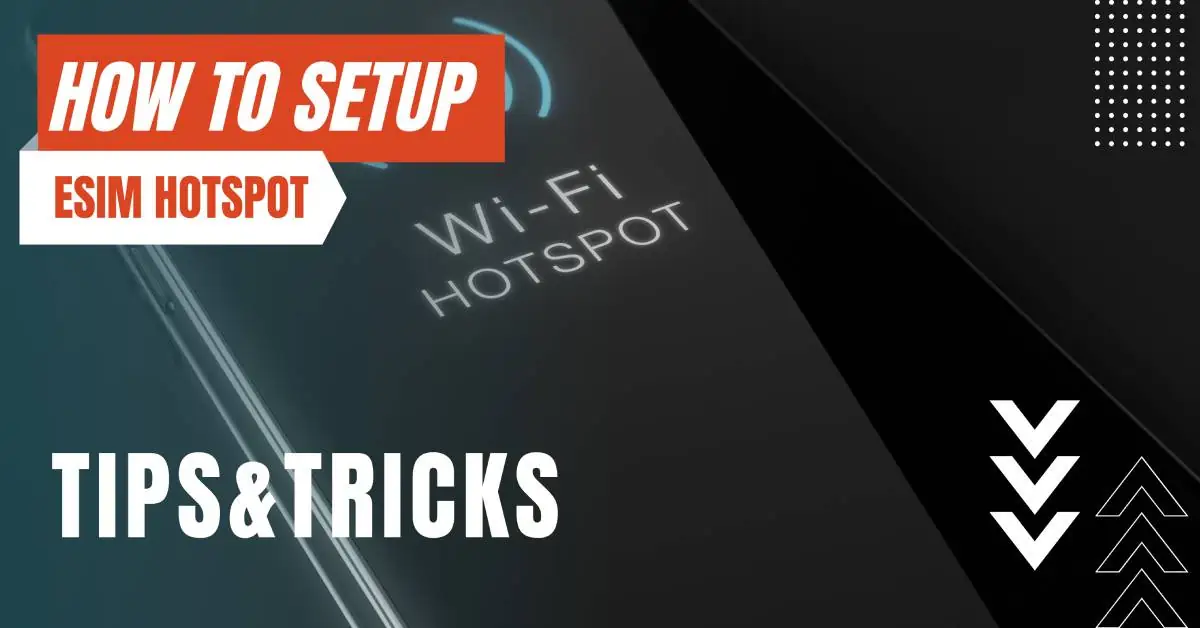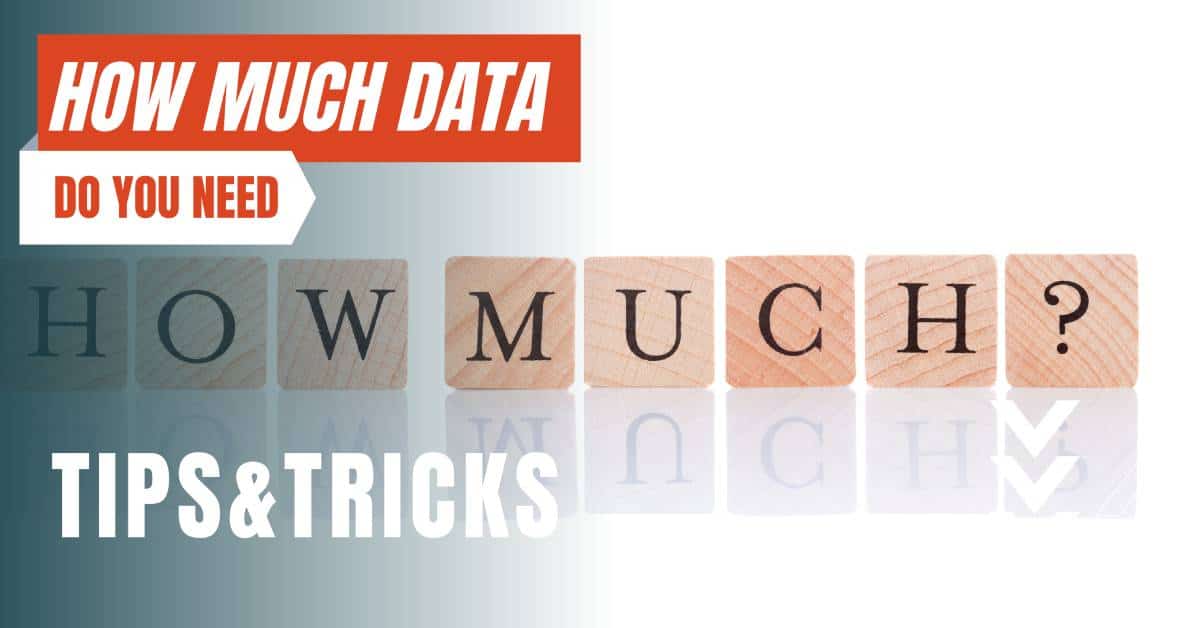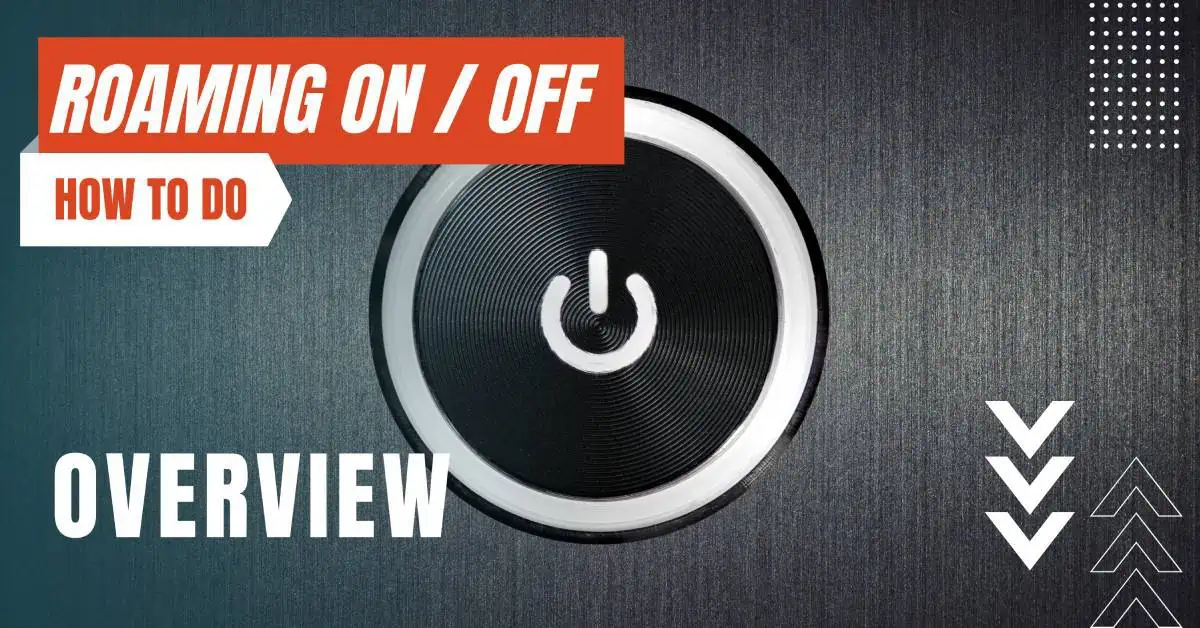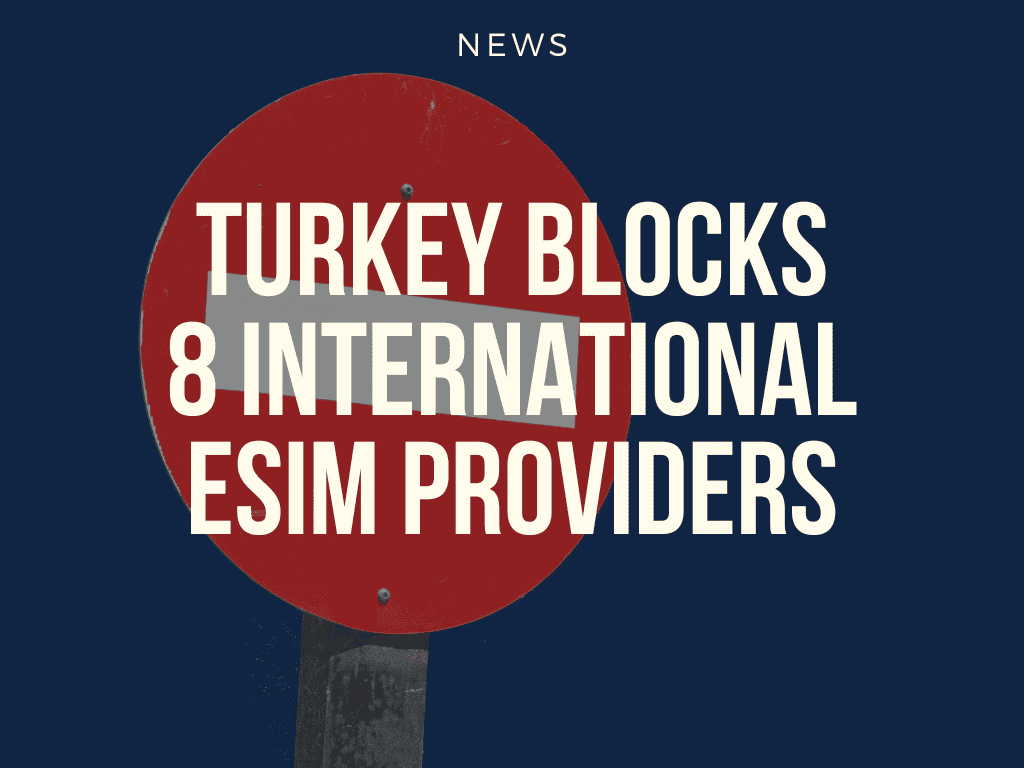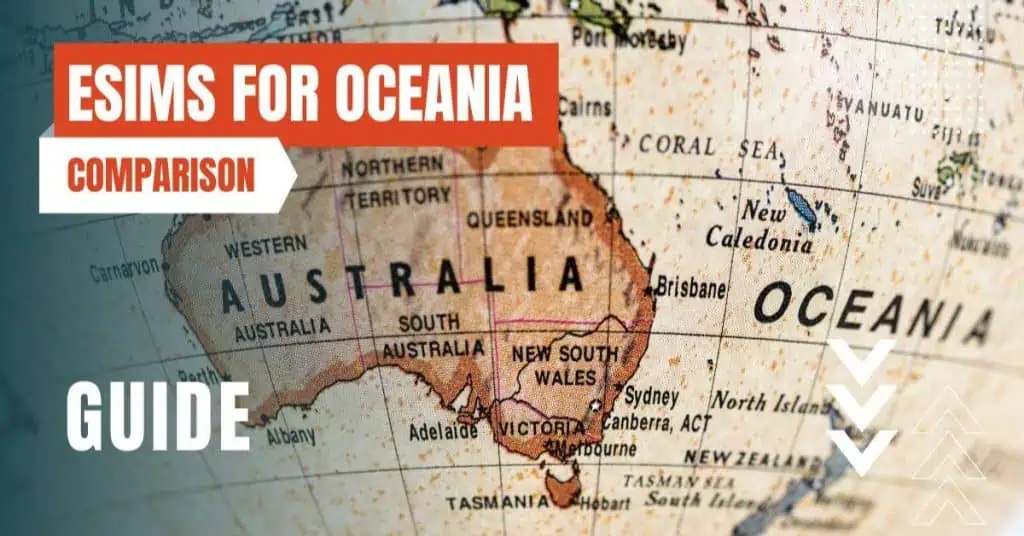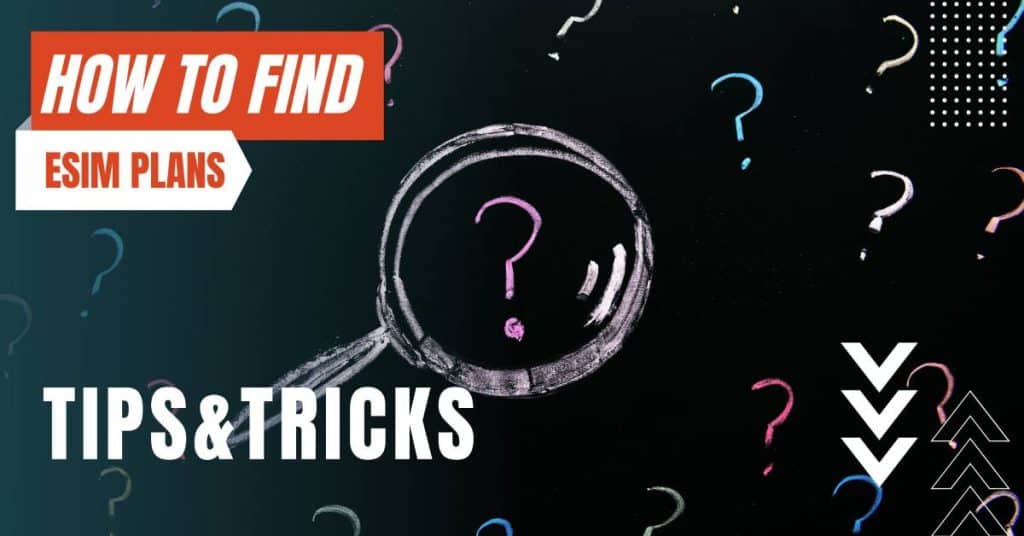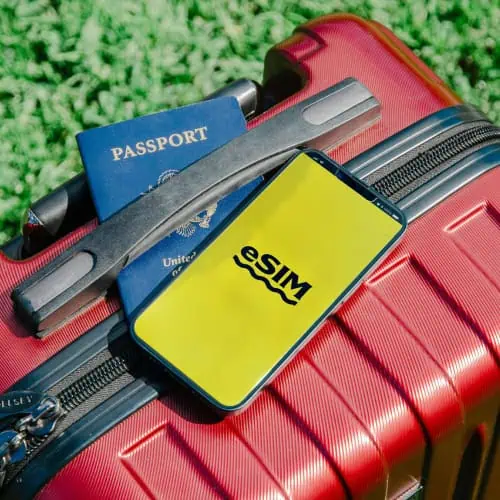All of the products and services we feature are chosen independently. If you click through links we provide, we may earn a commission. Learn more
Written by: Emily Chen
How To Manage Mobile Data Usage
- Updated: September 30, 2023 | Published:
With the increasing reliance on smartphones for everything from social media to streaming music and video, it’s important to manage your mobile data usage effectively. Otherwise, you may find yourself with an unexpected bill or a depleted data plan. Here are seven strategies for keeping your data usage under control.

1. Monitor Your Data Usage Regularly
The first step in managing your mobile data usage is to keep track of how much data you’re using. Most smartphones have a built-in data usage tracker that allows you to see how much data you’ve used in a given period of time.
You can access this tracker through your phone’s settings. Some carriers also offer data usage tracking through their own apps or online portals. By monitoring your data usage regularly, you can get a better understanding of your data habits and identify areas where you may be able to cut back.
2. Set Data Usage Alerts
Another way to stay on top of your data usage is to set up alerts that notify you when you’re getting close to your data limit. This can help you avoid overage charges or the need to purchase additional data.
You can usually set these alerts through your phone’s settings or through your carrier’s app or website. It’s a good idea to set alerts at various intervals, such as when you’ve used 75% and 90% of your data, so you have plenty of time to adjust your usage before you reach your limit.
3. Use Wi-Fi When Available
When it comes to choosing the best eSIM provider in India, it’s important to consider a few key factors. First, consider the coverage of the provider in your area. If you’re in a remote or rural location, you may have more limited options.
Next, think about your budget and the type of plan you’re looking for. Some providers offer more affordable options with unlimited data, while others may have more expensive plans with more customization options.
Finally, consider any additional features or add-on packs that you might need, such as international roaming or additional data. By weighing these factors, you can make an informed decision about the best eSIM provider for your needs.
4. Adjust Your App Settings
Many apps use data in the background, even when you’re not actively using them. To reduce the amount of data these apps use, you can adjust their settings to only allow them to use data when you’re connected to Wi-Fi.
You can also turn off automatic app updates, which can use a significant amount of data. To adjust these settings, go to your phone’s settings and look for the “Apps” or “Applications” section. From there, you can select individual apps and adjust their data usage settings.
5. Use Data-Saving Modes
Some smartphones have built-in data-saving modes that can help you conserve data. These modes typically limit the amount of data certain apps can use in the background, reduce the resolution of images and videos, and prevent apps from using data when the screen is off. To turn on a data-saving mode, go to your phone’s settings and look for the “Data usage” or “Connections” section.
6. Choose a Data Plan That Meets Your Needs
If you find yourself consistently running out of data or going over your data limit, it might be time to consider switching to a different data plan. Before you make a change, consider your data usage habits and choose a plan that fits your needs.
It’s also a good idea to shop around and compare plans from different carriers to find the best deal. Keep in mind that unlimited data plans may be more expensive, but they can be a good option if you use a lot of data or don’t want to worry about running out.
7. Use a Data Management App
Another option for managing your data usage is to use a data management app. These apps allow you to track your data usage, set usage limits and alerts, and block apps from using data.
Some even offer features like data compression, which can help you stretch your data further. There are many data management apps available, both free and paid, so it’s worth doing some research to find one that meets your needs.
Managing your mobile data usage is an important part of getting the most out of your smartphone. By following these strategies, you can stay in control of your data usage and avoid overage charges.
Whether it’s monitoring your data usage, setting up alerts, using Wi-Fi, adjusting app settings, or choosing the right data plan, there are many ways to effectively manage your data usage and make the most of your mobile plan.
By entering your email & signing up, you agree to receive promotional emails on eSIMs and insider tips. You can unsubscribe or withdraw your consent at any time.

About The Author
Spread the Word, Share the Joy
Compare eSIMs
Why keep the secret to yourself? Spread the joy of eSIMradar and let everyone in on the eSIM experience!

Easy eSIM Comparison for Your Needs
Simplifying your search! Easily compare eSIM plans tailored to your specific needs

Coverage in 210+ Countries
Benefit from our extensive eSIM comparison with 30+ providers in over 210 destinations.

Save money without second-guessing
Our platform helps you maximize value, ensuring competitive prices.

Enjoy Hassle-Free Travel Abroad
Whether you’re on holiday or a business trip abroad, stay connected with ease and focus on enjoying your experiences,
Find Your Perfect eSIM & Exclusive Deals!
Find your ideal eSIM effortlessly and stay connected in style wherever your adventures take you! Get exclusive deals and discounts at your fingertips, ensuring you get connected for less on your travels!
